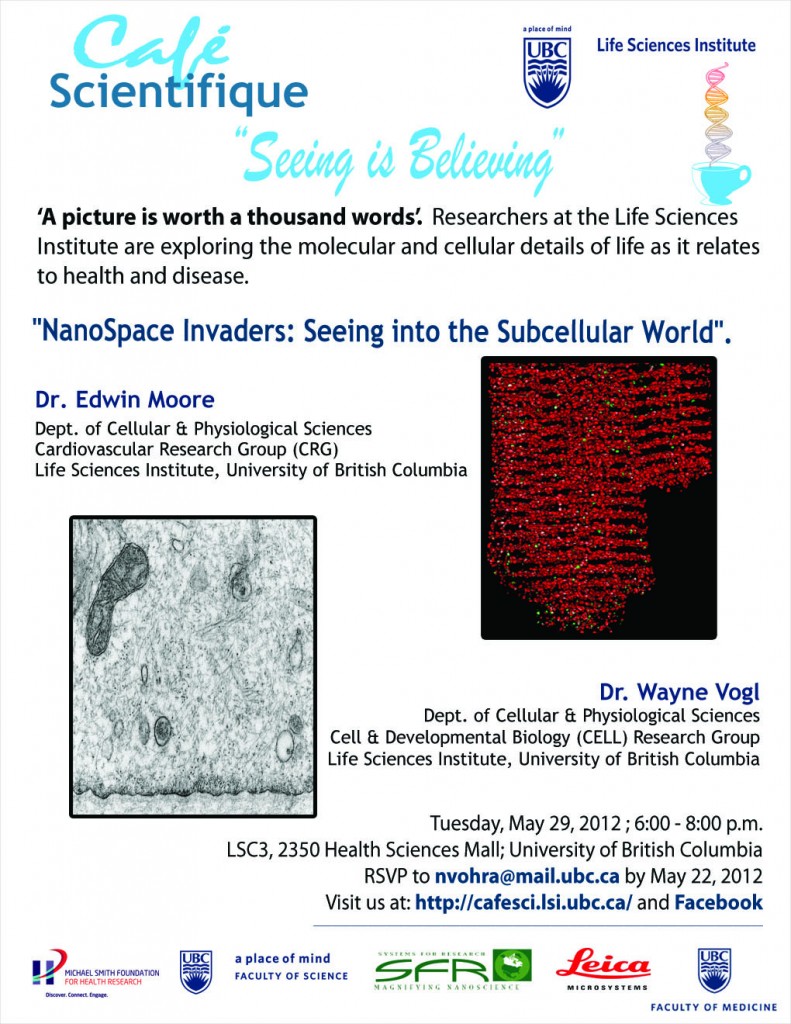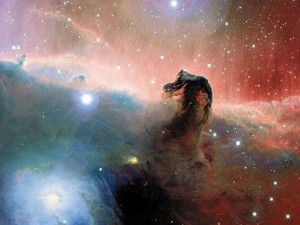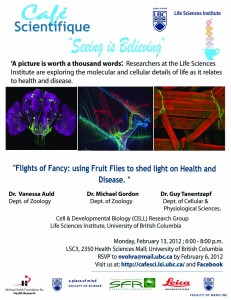-
Recently Written
- November Café Scientifique with Koby Michaels
- October Café Scientifique with Leonard Foster
- September Café Scientifique with Katie Gibbs
- August Café Scientifique with Georgina Butler
- July Café Scientifique with Vahid Raeesi
- June Café Scientifique with Lars Martin
- May Café Scientifique with Catherine Johnson
- March Café Scientifique with Love-Ese Chile
- November Café Scientifique with Eva Oberle
- October Café Scientifique with Vikramaditya G. Yadav
-
Categories
-
Archives
- November 2019
- September 2019
- August 2019
- July 2019
- June 2019
- May 2019
- March 2019
- November 2018
- October 2018
- September 2018
- August 2018
- July 2018
- May 2018
- April 2018
- March 2018
- February 2018
- January 2018
- November 2017
- September 2017
- June 2017
- May 2017
- April 2017
- March 2017
- February 2017
- November 2016
- October 2016
- September 2016
- August 2016
- July 2016
- June 2016
- May 2016
- April 2016
- March 2016
- February 2016
- January 2016
- November 2015
- October 2015
- September 2015
- July 2015
- June 2015
- May 2015
- April 2015
- March 2015
- January 2015
- November 2014
- October 2014
- September 2014
- August 2014
- June 2014
- May 2014
- April 2014
- March 2014
- January 2014
- November 2013
- September 2013
- July 2013
- June 2013
- May 2013
- April 2013
- March 2013
- February 2013
- January 2013
- November 2012
- October 2012
- September 2012
- July 2012
- June 2012
- May 2012
- April 2012
- March 2012
- February 2012
- January 2012
- November 2011
- October 2011
- September 2011
- August 2011
- July 2011
- June 2011
- May 2011
- April 2011
- March 2011
- February 2011
- January 2011
- December 2010
- November 2010
- October 2010
- September 2010
-
Blogroll
- Café Neuroethique Facebook Page
- Café Scientifique Whistler
- CIHR Café Scientifique
- IWIS Café Scientifique
- Join Us on Facebook! - Join us on Facebook to receive invitations for our events
- LSI Café Scientifique Facebook Page
-
Admin
Search
Posts by Cafe Scientifique Vancouver:
Jul
19
How nanomaterials can be used to change the way we collect and store energy in the future
Growing global energy demands and the potential for environmental catastrophe require a dramatic shift in how we obtain and utilize energy. The vast majority of energy currently used by humans is produced by combustion of fossil fuels. Fossil fuel consumption is driving significant increases in atmospheric carbon dioxide, threatening the planet with mass extinctions, starvation, and rising sea levels. With global energy demands projected to increase by 50% in the next 25 years, the rapid development of renewable “clean” energy sources, as well as methods to store this energy and harness it, are needed. This talk will explore how a special class of substances called nanomaterials offer the potential of breakthroughs in solar energy harvesing and energy storage.
Jun
11
Posted on behalf of IWIS (Immigrant Women in Science)
“TRUE BLOOD” VS REAL BLOOD VS SYNTHETIC BLOOD – “Dare to find out!”
An overview of what vampires want, what transfusionists want, what blood is available in the blood supply and also what may be in the pipeline
June 12, 2012, 6pm to 9pm.
The Wicklow Pub
610 Stamps Landing
Vancouver (BC)
Please RSVP: cafescientifique2011@gmail.com
More information: IWIS Cafe Scientifique June 12
May
25
Posted on behalf of SCWIST IWIS
Are Stem Cells the Future of Modern Medicine?
Speakers: Dr. Fabio Rossi and Dr. Jackie Damen
Ever wondered what stem cells really are? Why are they important in biomedical research? Which diseases could stem cell really cure? How close is this research to treating patients? Patients on organ transplant lists, as well as those with diabetes and heart disease, cancer, Alzheimer’s disease, MS, developmental deficiencies, and many others could benefit from stem cell research.
Please join us for exciting and stimulating speeches and question and answers.
In addition, food will be provided.
Please find the attached poster for further information: CIHR_CafeScientifique_may31_Stemcells-1
Sincerely,
Your IWIS Team.
May
8
May
7
Dear Café Scientifiquers,
Our May café will happen on Tuesday May 22th, 7:30pm at The Railway Club. Our speaker for the evening will be Andrew Holding, a research scientist who is currently employed by the Medical Research Council (MRC) in the Laboratory of Molecular Biology, Cambridge, UK. He has worked on many Science outreach projects including founding and organising Skeptics in the Pub in Cambridge, which holds monthly talks by various speakers with the aim of highlighting the application of critical thinking and scientific method. His talk will be:
Forgotten Knowledge: The discovery and loss of a cure for scurvy
Of all the slang names for the British, none is more iconic than ‘Limey’. While the the term provokes majestic images of the Golden Age of Sail, scurvy cost countless sailors and seamen their lives. It was once not unheard of for nine out of every ten members of a ship’s crew to have succumbed to scurvy by the time it returned to port. The results of James Lind’s work on the HMS Salisbury in 1747, which led to a cure, without doubt saved innumerable lives. Yet in Cherry-Garrard’s account of Robert Falcon Scott’s 1911 expedition to the South Pole, he writes: “There was little scurvy in Nelson’s days; but the reason is not clear, since, according to modern research, lime-juice only helps to prevent it.” So why did Lind’s results get forgotten?
Apr
18
Dear Café Scientifiquers,
Our next café will happen next Tuesday April 24th, 7:30pm at The Railway Club. Our speaker for the evening will be Dr. Rosie Redfield, the biologist from UBC who was recently named one of the “Ten People Who Mattered” in 2011 by Nature magazine. (http://www.nature.com/news/365-days-nature-s-10-1.9678 ).
The title and abstract for her café is:
#arseniclife and Open Science
The #arseniclife story started with a bang in late 2010, when NASA proudly announced the discovery that some bacteria could synthesize their DNA with arsenic in the backbone in place of phosphorus. But within a few days it all fell apart, as scientists used blogs and Twitter to conduct impromptu ‘post-publication peer review’. (‘#arseniclife’ is the Twitter hashtag used to identify relevant tweets.) Working with collaborators at Princeton, my lab has now shown that the key results cannot be replicated. This debacle has implications for many aspects of science, from how personal biases and funding sources affect scientific judgment to the increasing roles of social media in both the practice and public communication of science.
We hope to see you there!
– Your Cafe Sci Vancouver Organizers
Apr
17
Posted on behalf of Sarah Chow
ScienceOnlineVancouver is a monthly discussion series exploring how online communication and social media impact current scientific research and how the general public learns about it. ScienceOnlineVancouver is an ongoing discussion about online science, including science communication and available research tools, not a lecture series where scientists talk about their work. Follow the conversation on Twitter at @ScioVan, hashtag is #SoVan.
It begins Thursday April 19 at 7pm at Science World. Find information about this event at www.ScienceOnlineVancouver.com. Please register and set up a profile so you can get the latest news on upcoming events and see who else is coming.
The concept of these monthly meetings originated in New York with SoNYC @S_O_NYC, brought to life by Lou Woodley (@LouWoodley, Communities Specialist at Nature.com) and John Timmer (@j_timmer, Science Editor at Ars Technica). With the success of that discussion series, participation in Scio2012, and the 2012 annual meeting of the AAAS in Vancouver, Catherine Anderson, Sarah Chow, and Peter Newbury were inspired to bring it closer to home, leading to the beginning of ScienceOnlineVancouver.
ScienceOnlineVancouver is part of the ScienceOnlineNOW community that includes ScienceOnlineBayArea (@sciobayarea) and ScienceOnlineSeattle (@scioSEA). Thanks to Brian Glanz of the Open Science Federation and SciFund Challenge and thanks to Science World for a great venue.
We hope you can join the conversations!
Regards,
ScienceOnlineVancouver team
Mar
19
Dear Café Scientifiquers,
Our next café will happen next Tuesday March 27th, 7:30pm at The Railway Club. Our speaker for the evening will be Dr. Bruce Archibald, a paleontologist from Simon Fraser University. His café will be:
How are global patterns of biodiversity affected by climate? The view from a fossil fly’s eye.
Understanding the way that large-scale patterns of biodiversity are affected by climate has been among the greatest outstanding problems in ecology. Why are there more species in the tropics? The answer isn’t as simple as it might seem at first, as some possible controlling factors change together with latitude, and so their individual affects are difficult to evaluate. This Gordian knot might be cut, though, by looking in deep time, when global climates followed different patterns than today. So, comparing both modern and fossil communities in their environmental contexts allows a novel view of this problem. Why do the species compositions of communities change differently across mountainous landscapes in the tropics than in the Temperate Zones? An intriguing hypothesis proposed by Dan Janzen in 1967 can be examined by this system. Fossil insect communities from our regions may provide answers to understanding some basic ways of how life in the modern world is organized.
Also, check out Bruce’s bio here: http://www.brucearchibald.com/.
We hope to see you there!
– Your Cafe Sci Vancouver Organizers
Feb
21
Dear Café Scientifiquers,
“Something’s the Matter with Anti-Matter: There’s not enough of it”
About 13.7 billion years ago, our Universe was born in a Big Bang. That early universe was a big steaming stew of radiation and exactly equal numbers of particles and antiparticles. But somehow, a symmetry was broken, and a lopsided-ness arose, leaving a very small excess of matter over antimatter. And by the time the universe was less than a second old, essentially all the antimatter had annihilated with matter in bursts of light/energy, leaving a small residual excess of matter – which is all the matter we see in our universe; this is the matter we’re all made of.
The 2008 Nobel Prize in Physics was given to three particle physicists whose theory can explain how this lopsided universe evolved as having unequal parts matter and anti-matter, as predicted in the simplest Big Bang models.
The Standard Model of Particle Physics has been a triumph of particle physics – many thousands of experiments have confirmed predictions of this simple and elegant model. But it has at least 2 severe shortcomings: while it has been shown to accommodate matter-antimatter asymmetry, it can only do so at a level orders of magnitude too small to explain the matter-antimatter asymmetry of our universe. The other shortcoming is that it predicts a Higgs Boson, which has not yet been observed.
We’ll discuss the experimental program which has observed and studied the decays of hundreds of millions of B mesons (“beautiful mesons”), testing the Standard Model of Particle Physics to great precision. An overview of the experiment and results will be presented.
Feb
3
The Life Sciences Institute is having a Cafe Scientifique on February 13th (see attached poster). The title of the presentation is:
“Flights of Fancy: using Fruit Flies to Shed Light on Health and Disease”.
Hope you can attend!


